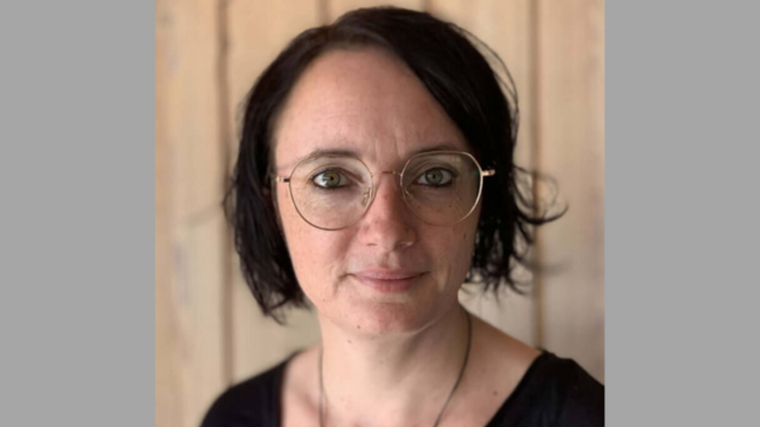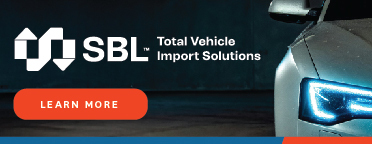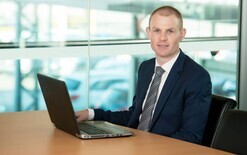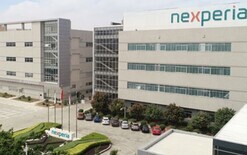Transport models under strain

Planners have been urged to think of transport as a human right and to contemplate the impact of their actions on future generations.
That shift in thinking, Newroad Consulting chief executive Nina Elter told T-Tech 2025 at the University of Auckland, would lead to longer-term thinking and a more human approach that would deliver benefits to communities.
Now based in Germany, the one-time Auckland resident told attendees at this month’s conference that their thinking had to be long-term. “Our choices affect the future.”
Elter, pictured, urged people to learn from diverse systems and cultures. “We can take lessons learned in Europe and the United States and apply them widely. New Zealand has a huge advantage because of its pragmatism and sense of community.
“We are never improving roads or systems, we are improving them for people.”
She said problems might be common to different countries and cities but there was always more than one solution.
“No one has a monopoly on good ideas. And there is no such thing as a perfect solution because all of them come with trade-offs.”
Change was never easy and public engagement was critical, but regarding mobility as a human right meant planners would always work to safeguard and protect access to it. “Our ability to move around shapes our society.”
Elter was the keynote speaker on the opening day of T-Tech 2025, which was run by Intelligent Transport Systems NZ (ITSNZ) and held on July 9 and 10.
She said the transport challenges New Zealand faced were well-known and repeated in other countries, and particularly in their major cities.
“Our current models are under strain and something needs to shift, although the need to move from A to B safely, reliably and to have alternatives around how to do that remains constant.”
Road pricing was one tool to achieving that change. “It shifts us from how we have always done it to considering alternatives. We need to understand what its objectives are – funding, demand management, safety and environmental concerns.”
She cited Iceland as an example, after the country introduced distance charging for EVs last year and all other vehicles are set to follow soon.
“Spain is using technology to enable charging in real time and the United States is investigating charging more widely in response to falling fuel tax revenues. It’s all about a change in the way we use data so that we can build on the insights it provides.”
Elter said collaboration was essential. “Every example of progress being made has come about through collaboration. People care that the system works, not who built it. The hardest part of change is moving mindset.”
While change was hard, she said, the cost of doing nothing would be harder. “Our choices matter. What kind of legacy do we want to leave for the next generation?”





